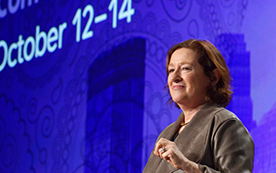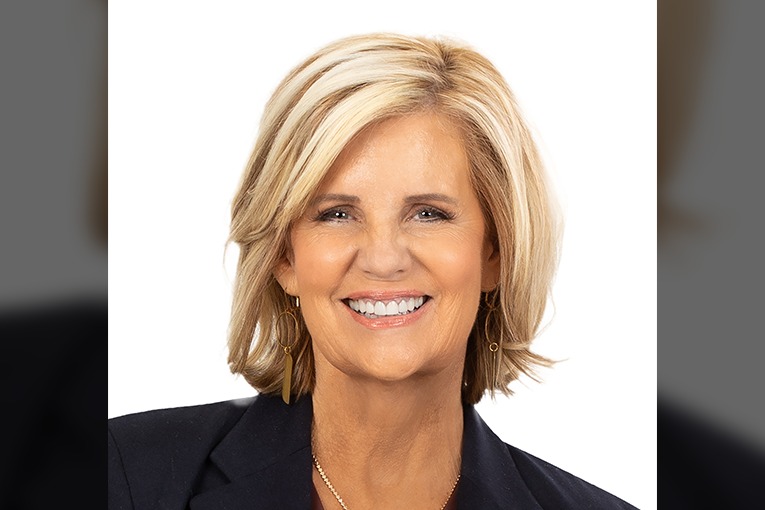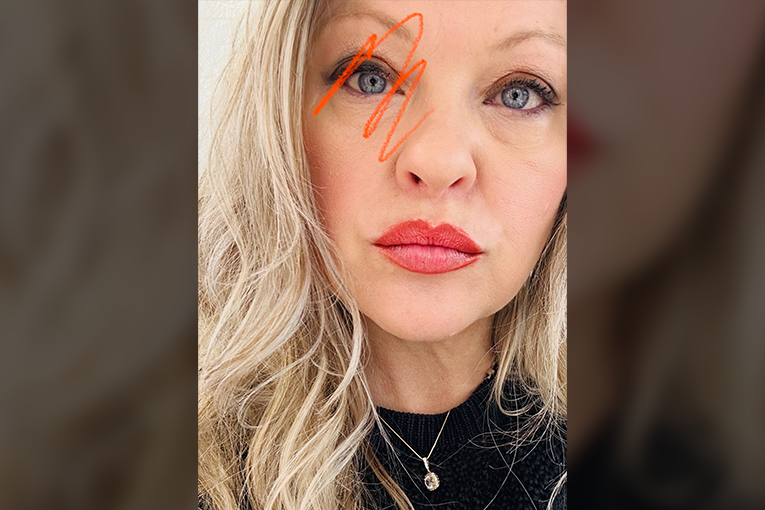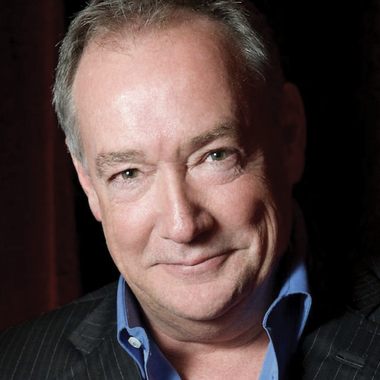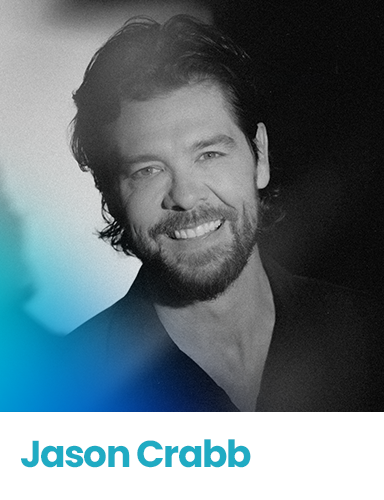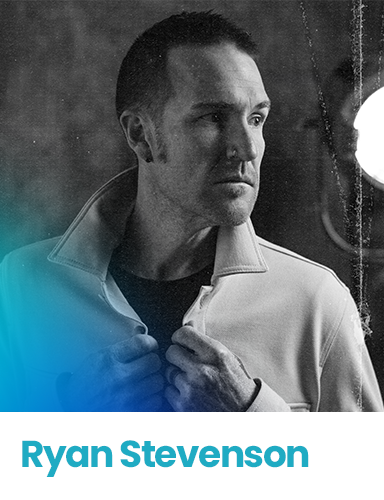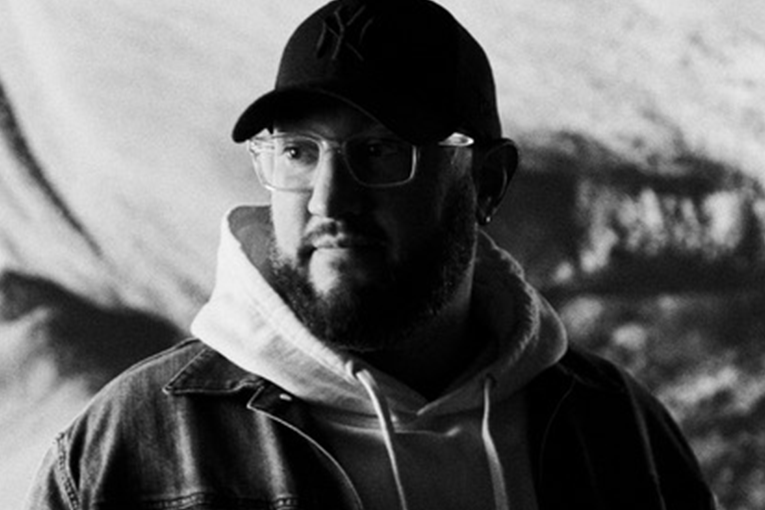
The Past • The Present • The Future
THE PAST:
I’ve been working in and around Christian radio for more than 20 years now and it’s been amazing to see how much we’ve grown as a format since then. I started in radio when Third Day, Jeremy Camp, Newsboys and Casting Crowns were considered progressive. I worked in promotion at EMI CMG at a time when TobyMac had never been played at AC radio. “Made To Love” was the first one to breakthrough. WILD. I watched as radio stations got younger. They hired programmers in their mid-late 30s and early 40s. They played the music of their generation and made content that their generation would relate to and the format grew and grew!
For many years, Christian radio has been growing and it’s been really beautiful to see. So many radio stations have become experts on radio content and strategy. Ratings and cumes have soared. I have witnessed big shifts from era to era: vocal groups, rock, worship, pop. Who knows…maybe I’ll even live to see Christian AC radio play hip hop that’s NOT TobyMac?! Maybe I’ll even live to see a day where the idea of AC no longer exists and it’s just…Christian music?
As far as Christian radio has come in it’s growth however, I believe we’ve only scratched the surface of what’s possible.
THE PRESENT:
Our culture is hungry for the truth.
Isabel Brown has her finger on the pulse of her generation (Gen Z) and she’s speaking with boldness about the future and present reality of her generation. If you aren’t aware of her yet, she is absolutely worth following. When recently asked her thoughts about seeker-sensitive approaches in the church she responded:
“Young people have zero interest in this lukewarm cultural half-in, half-out Christianity.”
“Stop typing to change Christianity to appeal to the world. Our world is so broken that the shining city on the hill…the beacon, the light at the end of the tunnel that everybody is running to as fast fast they can is this timeless notion of Christianity that’s existed for 2000 years and it’s not modern or pop-cultural.”
That makes me feel confident that the future of Christian radio is bright IF your goal is to make much of Jesus. You can see the entire exchange here:
https://www.instagram.com/reel/C-atJ_Jum69/?igsh=bHFnMXNiMjB0emNt
The gospel is the most offensive message we could share. To share it with the expectation that we will be the biggest thing in town assumes you have to water it down. It has to be made more accessible, right?
We’ve spent the large part of my 20 years in Christian radio and Christian music pursuing growth. Christian radio is one of the only radio formats still growing. Christian music is one of a few genres that grew in the past year for total consumption. There have been a lot of “more” words connected to this format: Platform. Cume. Ratings. TSL. Revenue. Research. Legitimacy. Market share. Followers. Engagement. Number 1s. Streams. Monthly Listeners. Ticket sales.
Those things are very effective at building our egos. Focusing on those things are often the ways that we build our own kingdoms. I know. I obsessed over these things for years and all it brought me was misery. It’s an old story but if you haven’t heard it you can listen to this interview I did with Meridith Foster a few years back (click here).
I wonder if the thing we’ve ultimately gotten more of in Christian radio and Christian music as a result of our growth is the thing that’s going to hurt us longterm?
Pride. Ego. Self-reliance. Power. Influence. Audience. Fear. Scarcity.
When we build our own kingdoms, these are the things that increase. If you build your own kingdom, you have to maintain it. That’s exhausting. God’s Kingdom is one of peace, joy, confidence, trust, love, grace and mercy…plus so much more.
THE FUTURE:
I believe the bright future of Christian radio absolutely involves growth but this is how I see it. Maybe you do too?
More disciples. More impact. More lives changed. More mission. More Jesus. More gospel. More depth. More abundance.
Christian radio spends an incredible amount of money every year on music and perceptual research. A very small number of people decide the entirety of the format in nearly every city in the US. What if the audience simply trusts you? Maybe it’s fear that drives this constant need to research…I don’t fully know. That ”we have to give her what she wants or she won’t give us what we want” mindset can be intoxicating. What if the future involves giving the audience what they need instead of what a few people say they want? What if the future involves the entire audience, not just women between the ages of 25-54…or in actual practice, women between the ages of 45-65?
Consultants and talent coaches have been hired for years to increase the ratings and revenues, the “entertainment factor“, social media engagement, etc. What if the future shifts to hiring pastors to disciple, our leaders and our teams to make everyone more effective in Kingdom work? What if we hire therapists and biblical counselors to help our personalities heal from trauma and from all of the difficult things they have experienced in their lives so that they can be more effective communicators of the hope of Jesus. After all, how can you expect to pour into millions of people all around the world if you are pouring from an empty cup?
I see a future where radio, and the music industry interact with more candor, more honesty, stronger partnership, shared mission and powerful storytelling. I see a future where Radio is no longer gatekeeping. In the future, it no longer matters that a programmer thinks a song is great but is more interested in whether people are already listening to it and loving it. Is it already making an impact? Does this song say something that my audience needs to hear? In the future, there are no more hitmakers. The audience decides. Actually, that’s already happening…it’s a present reality.
I could write many more examples of how I can see the future but I’ll end with this.
The need for the life-transforming message of Jesus has never been more significant. The world is getting crazier by the day. It’s not going to get easier to carry the message of the gospel to the world. One day soon, it will cost us like it does for many around the world. We are not entitled to the things we have nor to growth. We don’t need bigger audiences we need more faithfulness to the audiences and the teams that we have been entrusted.

